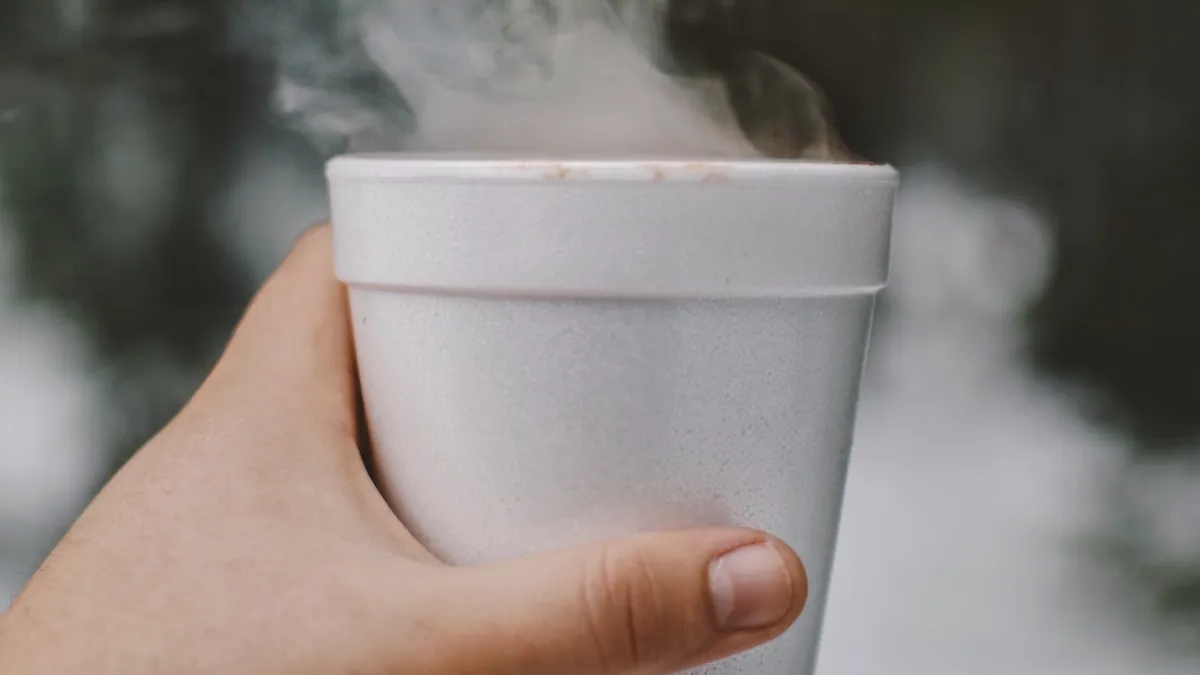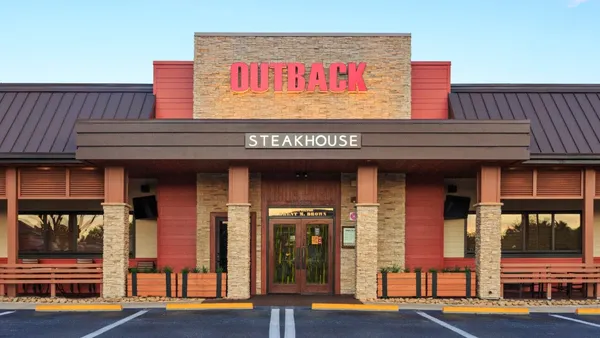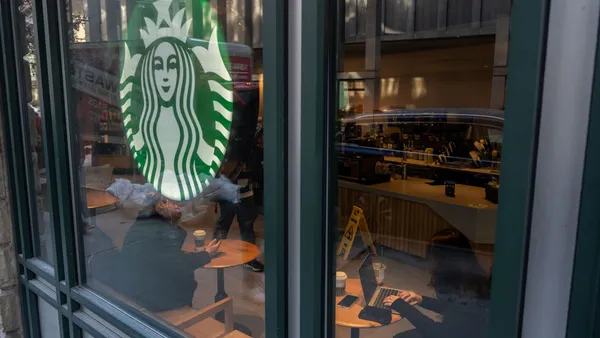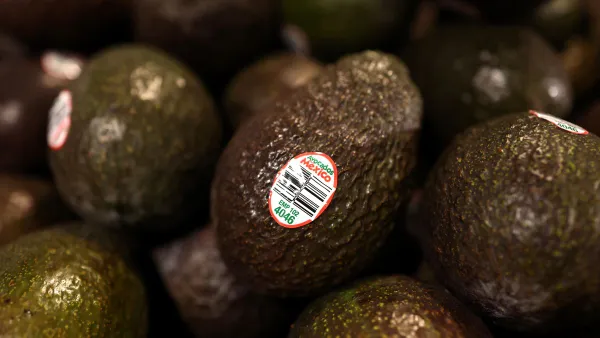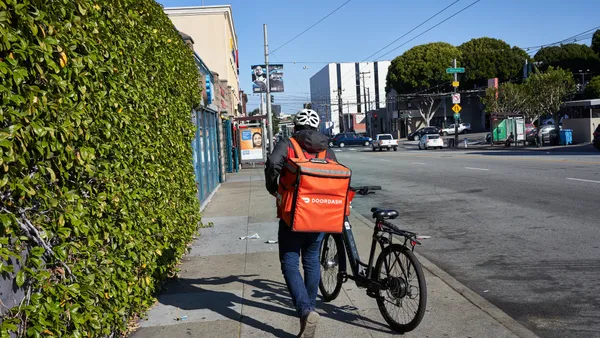Dive Brief:
- Maryland's House of Delegates has advanced legislation (HB109) that would prohibit food service providers from selling food and drinks in single-use containers made from expanded polystyrene — commonly referred to as foam. Related legislation (SB285) advanced in the Maryland Senate earlier this month.
- Covered establishments would include restaurants, grocery stores, food trucks, schools, movie theaters and publicly- or privately-owned cafeterias. The most recent bill language would include cups, plates, trays, take-out containers and egg cartons. Containers for meat, poultry or seafood would be excluded.
- If the bill passes, food service providers would be forced to stop offering foam containers by July 1, 2020. Violators would be notified and receive three months to correct their behavior — continued non-compliance after that period would subject them to a penalty of up to $250.
Dive Insight:
If this legislation becomes law, Maryland will be the first state in the country to ban foam food and drink containers. Hawaii also is considering a similar ban, but appears to be more likely to pass an all-out ban on plastic packaging and bags, which would make it the first state to do so.
The bill includes provisions stating the Maryland Department of the Environment will be responsible for spearheading public education campaigns about the ban before and after it takes effect. As the legislation currently stands, the department would have the authority to grant waivers for up to one year on a case-by-case basis if it determines that certain entities would suffer undue hardship by complying with the ban.
While Maryland would be the first state to implement a foam ban, a number of local municipalities have already done so: Baltimore passed a foam ban in 2018 (set to take effect later this year), while other cities across the country including Seattle, San Francisco and New York — have enacted similar bans.
New York, however, underwent a lengthy back-and-forth legal battle over the measure, with the food service and food packaging industries claiming it would be too costly to come into compliance with the ban, and opponents arguing that the city should instead opt for foam recycling. One of the biggest proponents of such a recycling program was container manufacturer Dart, which offered to cover setup costs if New York added foam to its curbside recycling program.
But New York has contended for years that post-consumer food service foam cannot be feasibly recycled, despite foam recycling businesses' claims to the contrary. Part of the problem lies in difficulties with collection: foam is incredibly light yet bulky, resulting in high transportation costs; it also breaks apart easily, contaminating other materials. Both factors make it difficult for municipalities to economically integrate the material into existing curbside models. Debate on the topic has intensified as some cities implement or examine foam recycling programs.
While this latest bill package has advanced through the Maryland state house in quick succession, its passage isn't guaranteed. This is the third attempt to implement such a policy — both chambers introduced foam ban bills two years ago that proved unsuccessful. Still, increased attention around plastic pollution — and a corresponding shift in public sentiment regarding single-use plastics bans — might be enough to finally propel a foam ban into law.



